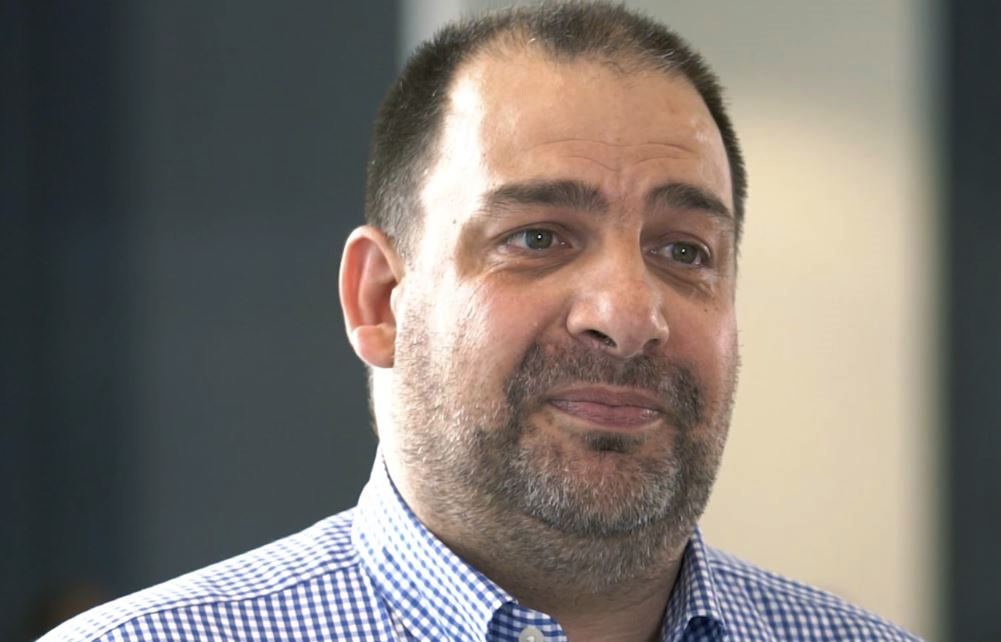
Smashing a wind industry benchmark of 100% generation shows it’s “time for Scotland to capitalise” on its success, a wind sector boss has claimed.
Andrew Jamieson, chief executive of the Offshore Renewable Energy (ORE) Catapult, said last night Scotland has to take full advantage of the economic benefits and jobs the sector could create.
He said: “Now is the time for Scotland to capitalise on its successes so far, creating sustainable economic growth and high value jobs for its economy through the development of offshore renewable energy.
“As a coastal nation, Scotland is extremely well placed to capitalise on electricity generation from offshore wind, tidal and wave resources, and ensuring a strong energy mix is vital if Scotland and the UK are to meet strict carbon reduction targets.”
Mr Jamieson said that with 25% of all of Europe’s wind energy crossing the seas around Scotland, it must “reap the benefits” of both fixed bottom and floating wind developments.
Scotland currently has a wealth of proven projects, such as the Beatrice Demonstrator, the European Offshore Wind Deployment Centre (EOWDC) off Aberdeen, the Peterhead-based Hywind and Kincardine floating wind projects.
The Moray East Offshore Windfarm in the Moray Firth, Nearte Na Goethe (NnG) and Inch Cape in the Firth of Forth are also set to come online in the next five years.
The National Grid energy requirement for November saw both Scottish onshore and offshore wind produce more than the required demand on 20 of 30 days.
Powering 109% of the total energy requirement, the new figures set a new record for wind generation in Scotland.
But Dick Winchester, part of the Scottish Government’s Energy Advisory Board, said it was time to invest in creating an offshore wind technology and a supply chain, rather than investing in tidal and wave energy.
He said: “Why isn’t the Scottish Government putting money into supporting new offshore wind developments? These are areas where Scottish technology providers can capitalise.
“The offshore wind and floating wind market is potentially huge globally. Every coast you can think of is going to have some of this technology and at the moment we’re not involved in the supply chain and creating out own technology to any great extent, all we’re doing is hosting the technology of other countries.”
Adam Forsyth, alternative energy and resource research efficiency analyst at Cantor Fitzgerald, agreed the signs were “encouraging in Scotland”, but pointed out that storage technology is not keeping pace with generation.
He said: “We’re definitely about to see an increase in the renewables energy mix. If we have better available storage then it doesn’t matter about when the wind blows. On the whole we need to have more renewables and less intermittency moving forward.”
Recommended for you
